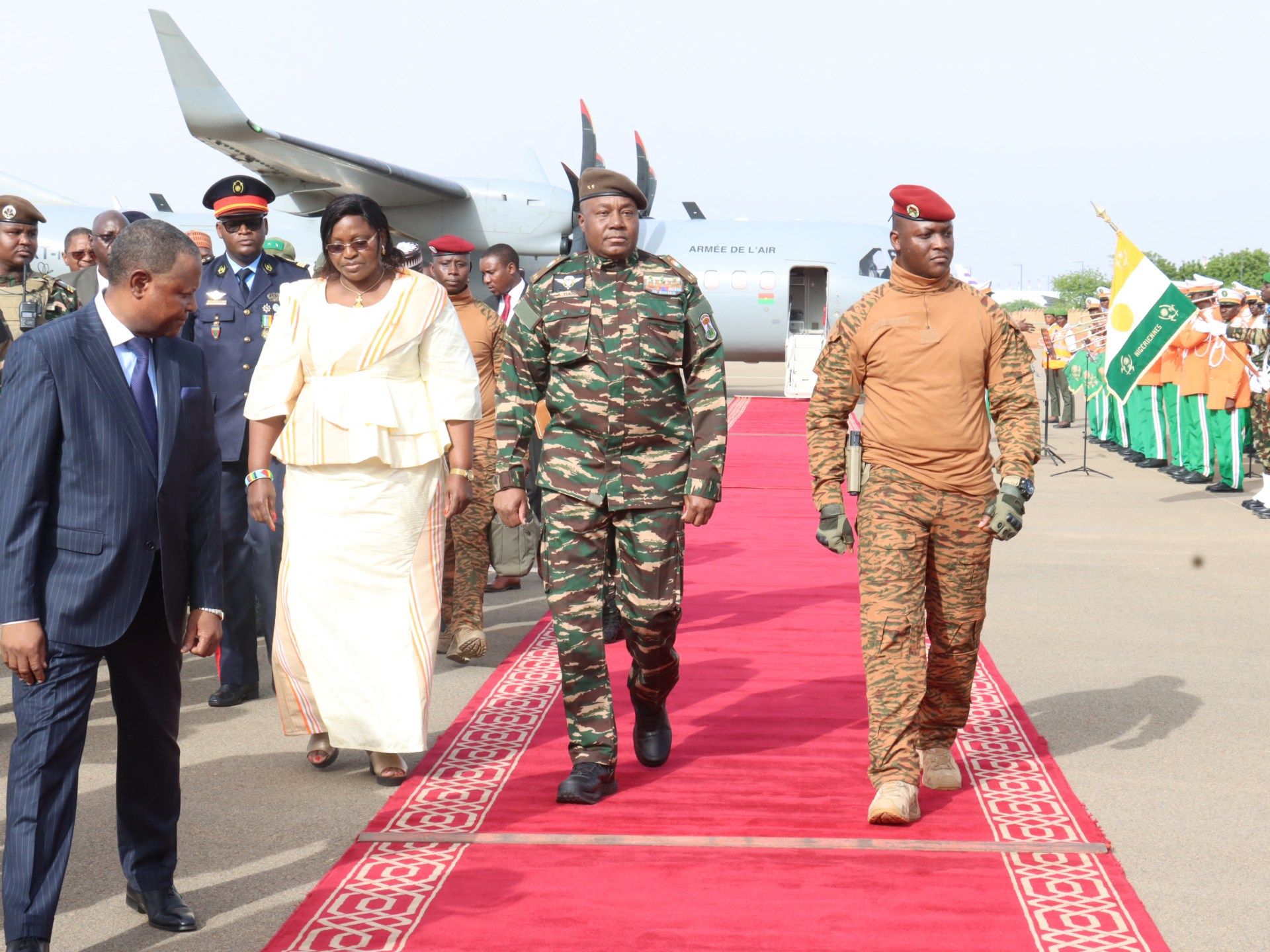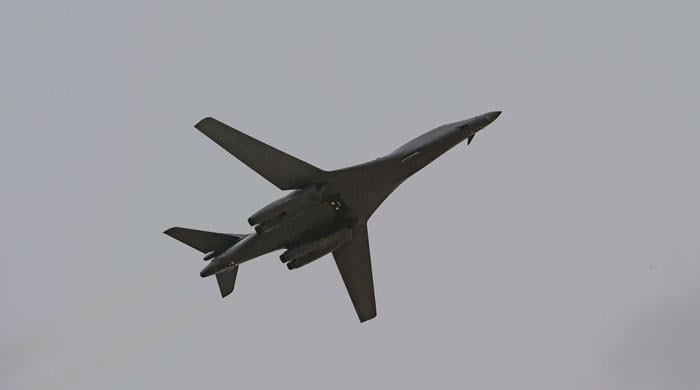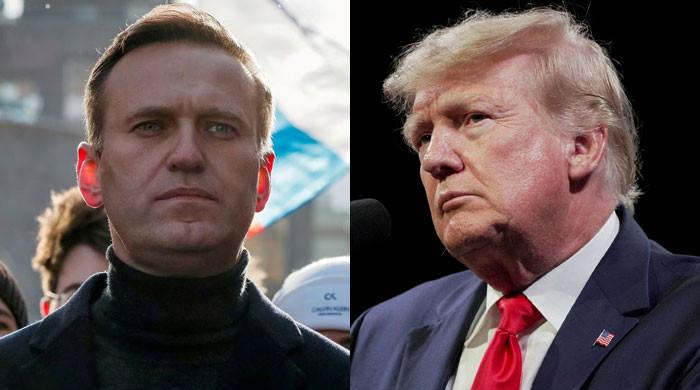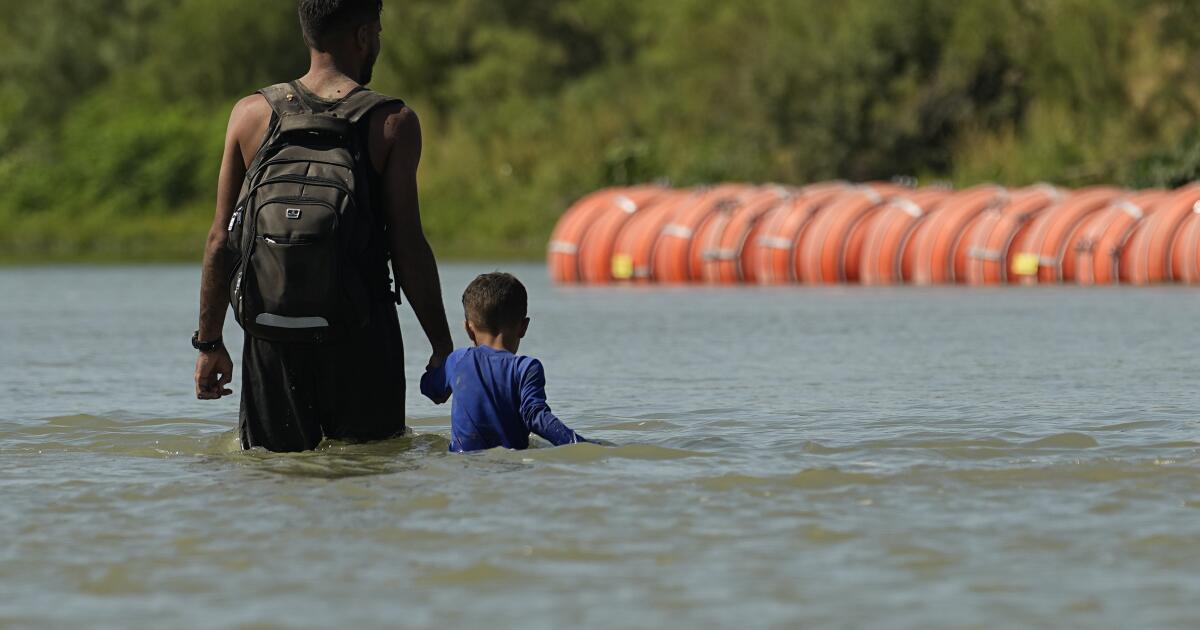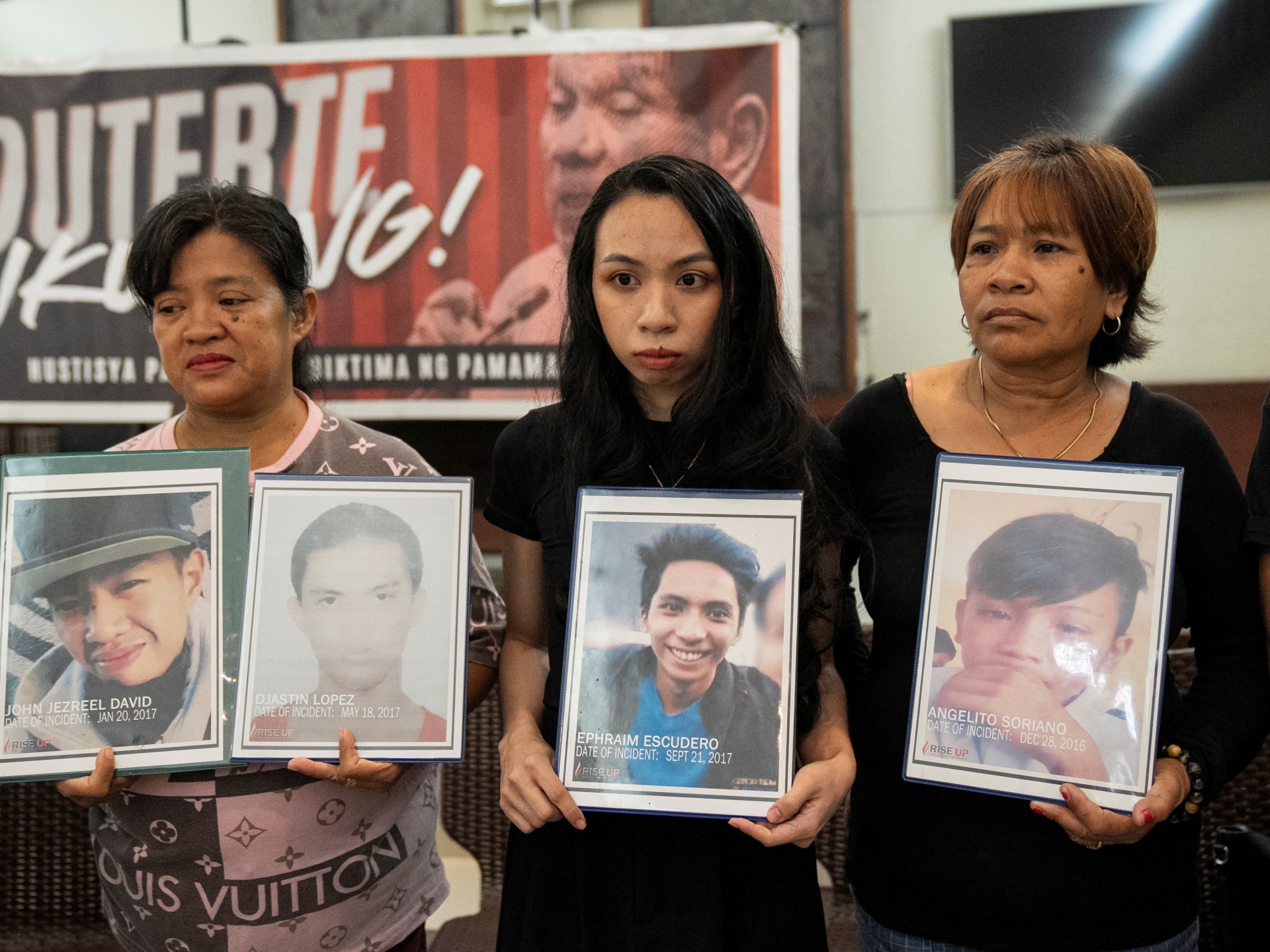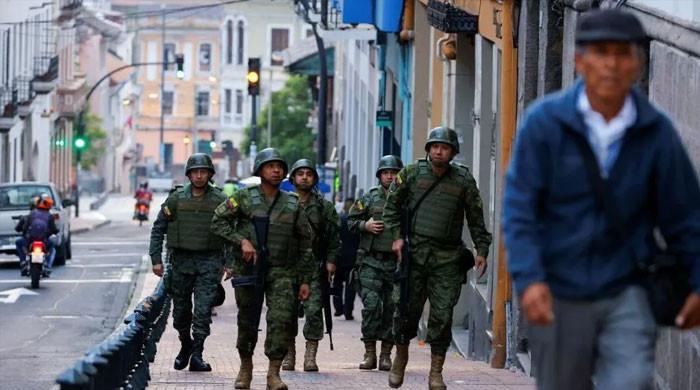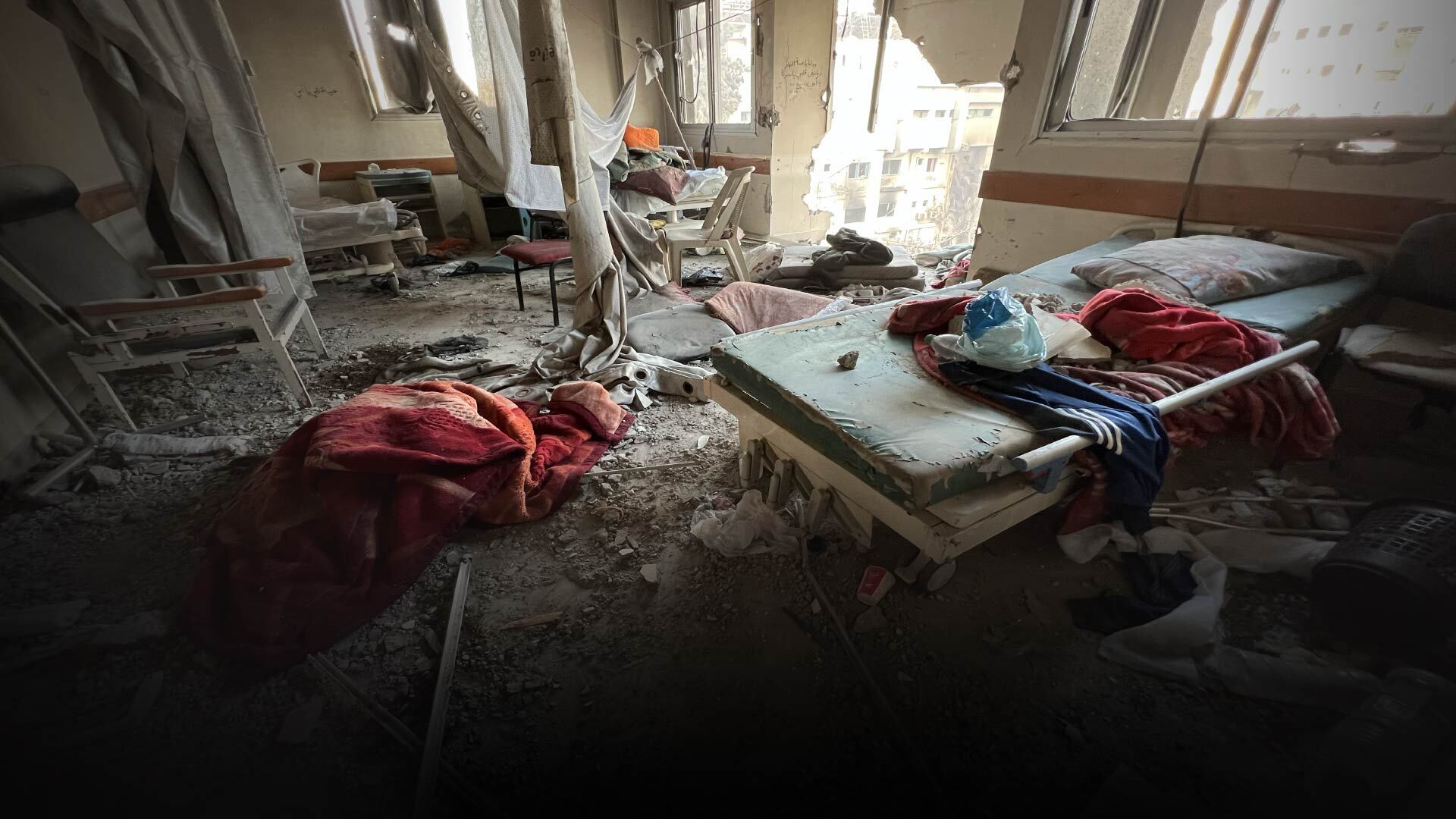The military leaders of Burkina Faso, Mali and Niger have hailed a recently signed treaty as a step “towards greater integration” between the three countries, in the latest sign of their shift away from traditional regional and Western allies.
During a summit in the Nigerian capital of Niamey on Saturday, the three leaders signed a confederation treaty that aims to strengthen a mutual defense pact announced last year, the Alliance of Sahel States (AES).
The signing capped the first joint summit of the leaders – Nigerien General Abdourahmane Tchiani, Burkina Faso Captain Ibrahim Traore and Malian Colonel Assimi Goita – since they seized power in successive coups in their West African border nations.
This also came just months after the three countries withdrew from the Economic Community of West African States (ECOWAS) regional bloc in January.
Speaking at Saturday's summit, Tchiani called the 50-year-old ECOWAS “a threat to our states.”
The West African economic bloc had suspended the three countries following their respective military coups, which occurred in July 2023 in Niger, September 2022 in Burkina Faso and August 2021 in Mali.
ECOWAS has also imposed sanctions on Niger and Mali, but the bloc's leaders remain hopeful of the trio's eventual return.
“We are going to create a people's ESA, instead of an ECOWAS whose directives and instructions are dictated by powers outside Africa,” said Tchiani.
Burkina Faso's Traore also accused foreign powers of trying to exploit those countries. All three countries have regularly accused France, the former colonial ruler, of meddling in ECOWAS.
“Westerners think that we belong to them and that our wealth belongs to them as well. They think that it is they who should continue to tell us what is good for our states,” he said.
“This era is over forever. Our resources will remain for us and our people.”
Mali's Goita said strengthening the relationship means that “an attack on one of us will be an attack on all the other members.”
Changing influence
Reporting from Abuja on Saturday, Al Jazeera's Ahmed Idris noted that the three military leaders met just a day before ECOWAS was to hold a meeting in the Nigerian capital.
Efforts to broker countries' return to the bloc are expected to be discussed, Idris said.
“Many people believe that the meeting in Niger was to counter what is coming [from] ECOWAS and also to state their position: that they will not return to the Economic Community of West African States,” he explained.
Idris added that Senegal's newly elected president, Bassirou Diomaye Faye, recently visited the three countries informally in an effort to repair ties.
“However, it is unclear whether or not there was a positive response,” he said.
Adama Gaye, a political commentator and former communications director for ECOWAS, said the creation of the three-member Sahel Alliance had “weakened” the economic bloc.
Still, Gaye told Al Jazeera that “despite its recognition by its real name, ECOWAS has not performed well when it comes to achieving regional integration, promoting intra-African trade in West Africa and also ensuring security” in the region.
“This justifies the feeling of many in West Africa: [the] ordinary citizens and even intellectuals – [who are] “We are raising questions about the position of ECOWAS, whether it should be reviewed, reinvented,” he said, urging the bloc to engage in diplomacy to try to overcome the rift.
Violence and instability
The Niamey summit also came a day before the United States is set to complete its withdrawal from a key base in Niger, underscoring how new military leaders have reshaped the security relationships that had defined the region in recent years.
Armed groups linked to al-Qaeda and the Islamic State (ISIS) have been vying for control of territory in all three countries, sparking waves of violence and raising concerns in Western capitals.
But following recent coups, these countries' ties with Western governments have deteriorated.
French troops completed their withdrawal from Mali in 2022 and left Niger and Burkina Faso last year.
Meanwhile, US Air Force Major General Kenneth Ekman said earlier this week that around 1,000 troops would complete their withdrawal from Niger's 101st Air Base on Sunday.
The United States is also in the process of abandoning a separate, $100 million drone base near Agadez in central Niger, which officials have described as essential for gathering intelligence on armed groups in the region.
As they push out their former Western allies, military leaders in Burkina Faso, Niger and Mali have increasingly sought economic and security ties with Russia.
However, it is unclear whether the new approach has helped stem the violence that has plagued these countries, home to some 72 million people.
In 2023, Burkina Faso experienced a massive escalation of violence, with more than 8,000 people killed, according to the Armed Conflict Location and Event Data Project (ACLED) tracker.
In Niger, slight gains against armed groups were largely reversed following the coup, according to ACLED.
Meanwhile, an offensive by Malian forces and Wagner mercenaries saw “elements” of the Russian government-linked group “engaged in the indiscriminate killing of hundreds of civilians, the destruction of infrastructure and the looting of property, as well as causing mass displacement,” ACLED said.
Around three million people have been displaced by fighting across the country.

